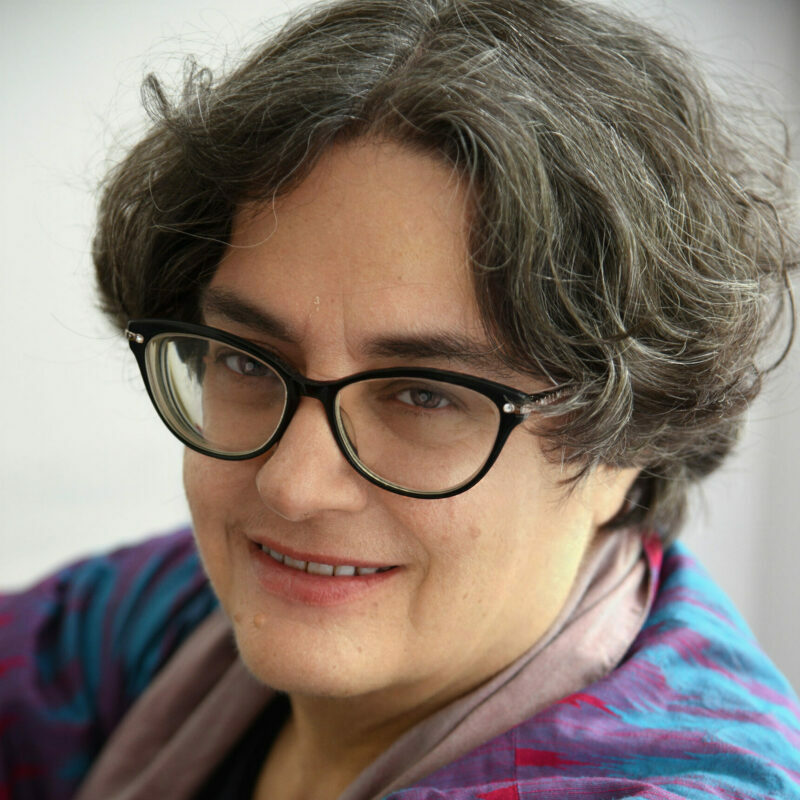Math you can relate to
Transforming Adult Education
Whether your Adult Education program is adult foundational skills, adult secondary skills, workforce, or post-secondary work, your program needs numeracy to bridge the gap for your students from the math they struggled to learn to the skills they'll need for their careers.
We offer:
Adaptable Math/Numeracy Curriculum
and Instructor Training
Math/Numeracy Curriculum
Integration Consulting
Train the Trainer
Adult Education Best Practices
Train the Trainer (teacher/facilitator/instructor) to use andragogy best practices to teach numeracy/math skills to learners/clients
About Tesa
Tesa Leon is in the doctoral program in Education Leadership for Change. Her research focuses on developing an adult foundational numeracy skills curriculum that is both trauma-informed and adaptable to learners’ culture and goals.
Tesa received her BS from the University of Kentucky in Mathematics; her MS from the University of Kentucky in Statistics; her MA from George Washington University in Counseling; and her Graduate Certificate from the University of the District of Columbia in Adult Education.

Tesa has over 25 years in education, teaching at the primary, secondary, and post-secondary levels. She has taught in rural, suburban, and urban communities. She spent two years teaching statistics at Kenyatta University in Nairobi, Kenya. Throughout her teaching career, Tesa was told she "couldn’t teach math that way". Yet, she continued to find methods and venues where she could bring mathematics education to the real world. Helping students say, “This is where I will use this.”
Numeracy, using numbers and number operations in social practice, is correlated with higher wages, lower rates of incarceration, improved socio-economic status, better civic engagement, and other improved social functions. Tesa’s work rises from a passionate belief in equity through education that is relevant to the person. An obstacle to many adults' educational ambitions is insufficient math skills. Tesa believes that by changing how math is taught, more students can be successful at achieving their personal goals. Her doctoral research project hopes to prove that different methods of teaching can improve these outcomes.
As a member of the Open Door Collective’s Evidence-Based Adult Education System Research Taskforce, she advocates for numeracy education as part of the literacy agenda. She is also collaborating with Dr. Nadine Braunstein of California State University, Sacramento to create a series of videos on Numeracy in Nutrition. They lead a workshop, Interdisciplinary collaboration to integrate numeracy skills and foundational teacher training into non-teacher training coursework, based on their work Adults Learning Mathematics 29 in Barcelona.
Get Started
